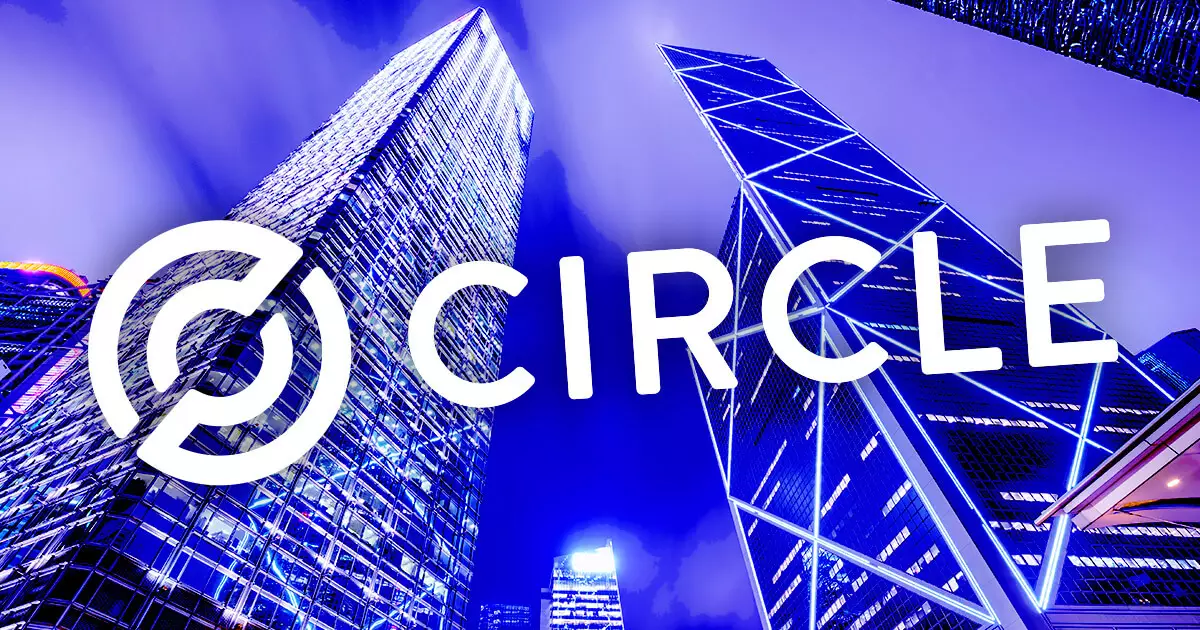The US Securities and Exchange Commission (SEC) has expressed concerns regarding Circle’s stablecoin, USDC, as the company moves towards a multi-billion dollar initial public offering (IPO). The regulatory agency has raised issues about the potential classification of USDC and other stablecoins as securities under US law. This is not the first time the SEC has shown unease about USDC, as similar concerns were brought up in 2021 when Circle attempted to go public via a special-purpose acquisition company (SPAC).
According to reports from Barron’s, regulatory documents indicate that there has been an ongoing dialogue between the SEC’s Division of Corporation Finance and Circle for nearly a year. Despite the SEC’s significant concerns, Circle has managed to address most of the obstacles to its IPO. However, as of now, it remains unclear whether the SEC will approve the company’s application. The SEC has requested Circle to disclose the risks associated with USDC being classified as a security under US law and the potential implications of being deemed an investment company.
If USDC were to be classified as a security, Circle would be subject to increased costs and regulatory requirements, which could have a profound impact on its business operations. The SEC’s concerns stem from the possibility of Circle needing to register as an investment company, leading to additional disclosures and compliance measures. This heightened oversight could result in stricter reporting standards and operational restrictions for the company.
Circle previously attempted to go public in 2021 through an SPAC merger with Concord Acquisition Corp., valuing the deal at $9 billion. However, the merger was called off in December 2022 due to concerns raised by the SEC. In January, Circle filed confidential IPO paperwork for a traditional IPO route in its second attempt to go public. Nevertheless, the SEC’s continued concerns regarding the classification of USDC as a security have persisted, prompting the agency to request detailed disclosures on the matter.
If the SEC designates Circle as an investment company rather than an operating company, the company would be subject to closer regulatory scrutiny. This would entail filing regular holdings reports and adhering to certain limits set by the SEC. Securities attorney Xavier Kowalski emphasized the importance of the SEC avoiding any actions during the registration review process that could backfire in future enforcement actions. Kowalski also acknowledged the lengthy duration of the SEC’s concerns but noted that the agency appears to have addressed them in relation to Circle’s IPO plans.
Circle’s journey towards going public has been met with regulatory challenges and uncertainties regarding the classification of USDC as a security. The SEC’s concerns highlight the potential obstacles that Circle may face in terms of compliance, operational costs, and regulatory oversight. As the company navigates through the IPO process, it will need to carefully consider and address the regulatory implications of its stablecoin and adhere to the SEC’s requirements to ensure a successful public offering.

